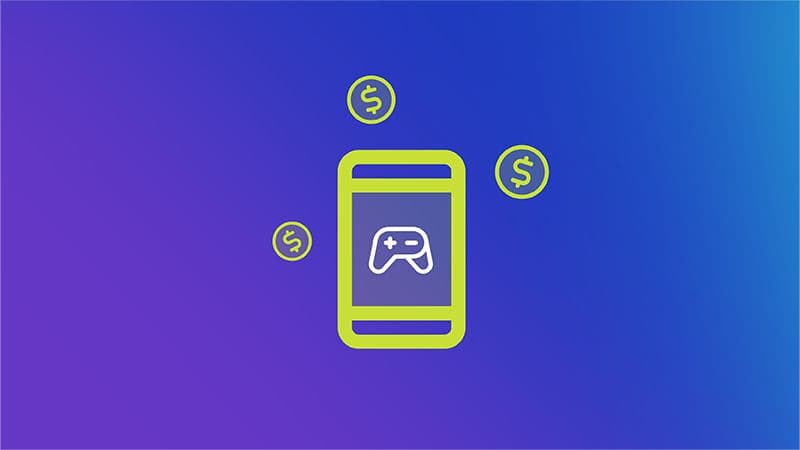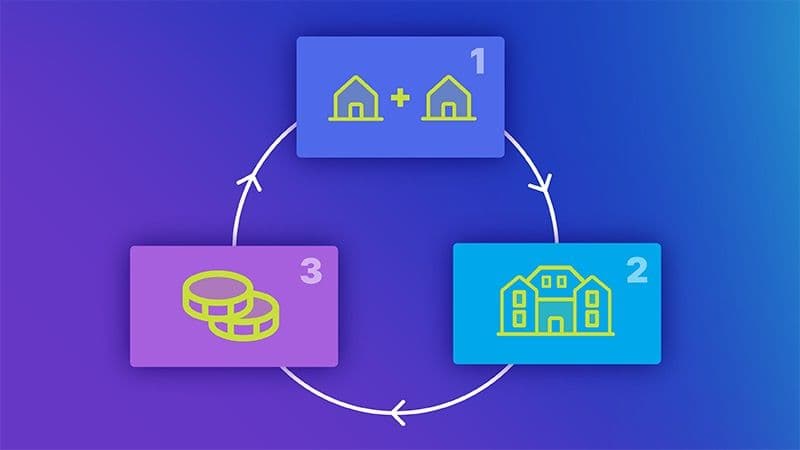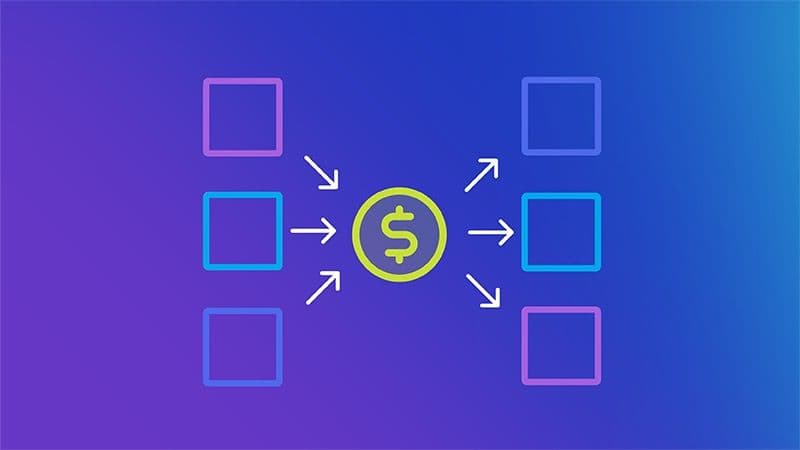
As you design your economy and the mechanics that keep it ticking, you will have to decide how resources are valued and get distributed in your game. This can have a significant impact on your overall revenue, so you want to get it right.

The economy may refer to a complex series of relationships between the management, production, and use of our resources and money. Video game economies may be less complex than real-world economies, but they still follow the same principles and contain plenty of the same elements based around the buying, trading, and selling of goods.
Virtual currencies can be tied to real-world money, or something obtainable through in-game actions, and it can greatly impact how people play your game. Anyone who has stumbled on an infinite money pack cheat can testify to that.

To understand how economies function in games, consider merge games. These are puzzle games that revolve around generating items and then merging them together to create more effective versions of those items.
For example, your merge game may involve creating an empire of houses. This is how it could work:
Players start their game with small houses that generate revenue over time, usually in the form of coins
They can use coins to buy more houses and merge them together to upgrade them
Upgraded houses(such as mansions or palaces)generate more coins and create a feeling of permanent progression
In the example above, houses and coins are the crucial resources that play different roles.
Houses (virtual goods), are bought and consumed (merged) by players. They also dictate player progression.
Coins (virtual currency), are the common currency used for in-game transactions. They are also available in the in-game store, in exchange for real money.
The economy of this game depends on the flow of the resources (houses and coins) between different systems and loops of the game.

To properly understand the flow of resources between different game loops, you need to categorize them as sources or sinks. Sources represent places or ways that players can get currency, and sinks represent places or ways that players spend currency.
In the previous example, the source is the revenue generated from the houses, and the sink is the price for new houses.
Sources and sinks are inextricably linked, and the way they interact with each other is a key element in how driven your players are to keep playing. If there is a serious imbalance, it can hurt the playability of your game.
If the source of revenue is significantly higher than the sink (price), then the game lacks challenge and might become boring. This also gives players no reason to purchase coins in the store.
If the source of revenue is significantly lower than the sink (price), then the game might become too difficult or punishing. Players might become frustrated if they need to grind currency excessively.
Always consider your game’s difficulty, and make sure that your resources aren’t making the game overly simple, or too difficult, to complete without them.
Give yourself ways to track inventories and currency over time so you can spot imbalances that affect players’ experiences, like hoarding, uncontrolled growth, or serious shortages.
Try to construct your economy with game progression in mind, so no single item is useless at all stages of the game, while ensuring that there are things to chase that can have a big impact for experienced players.
Your in-game economy is a focal point for monetization, engagement, and player retention. Even the most complex-looking game economies are effective because they get the basics right. Check out the second guide in this series to learn how to create a well-balanced economy.
No two players are the same – your economy must account for that to ensure that all players have a positive experience with your game. Check out the third guide in this series to learn how to design with players in mind.

With Unity Economy, you can build a customized in-game economy and offer your players seamless purchases, currency conversion, inventory management, and more.